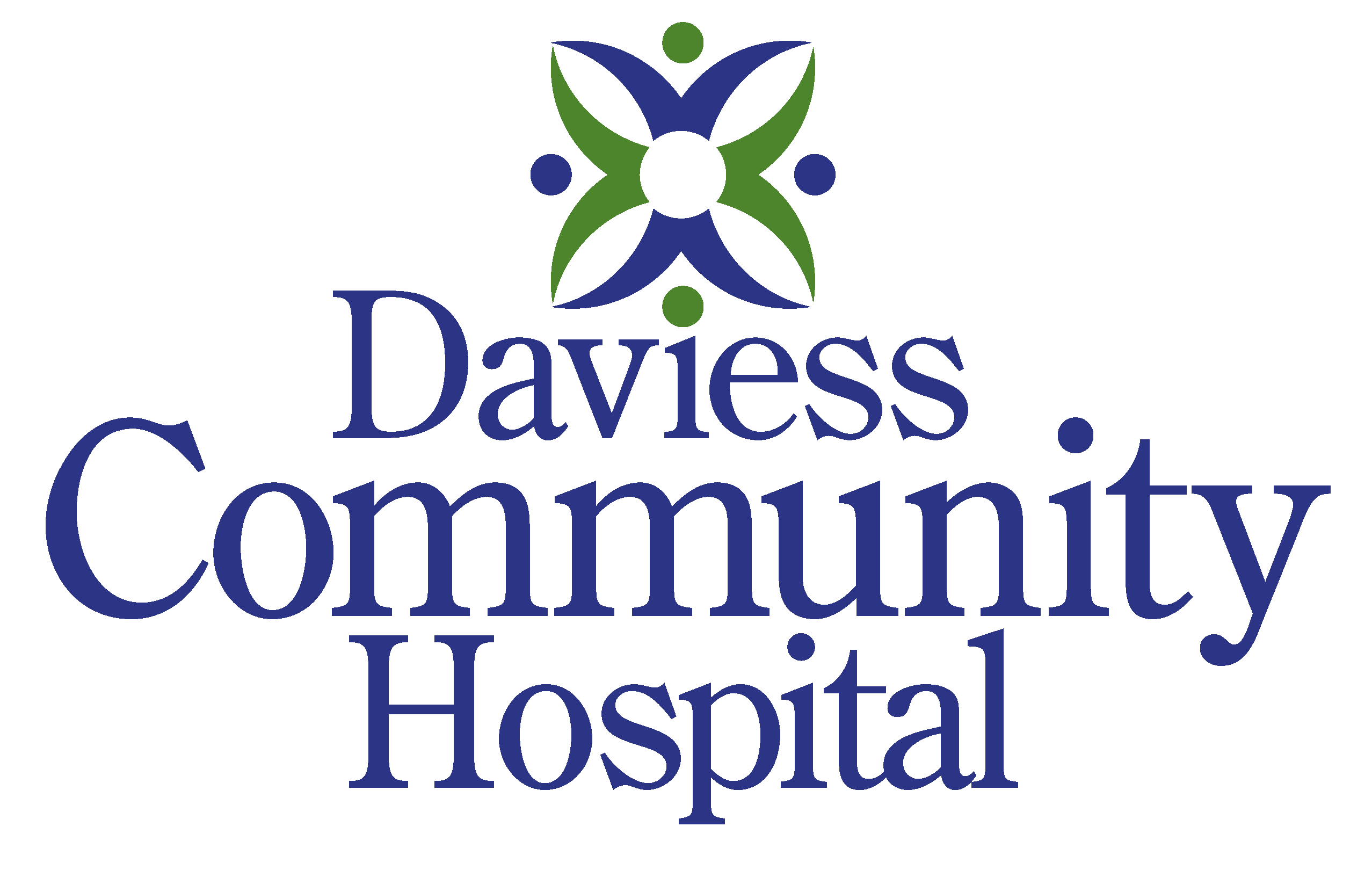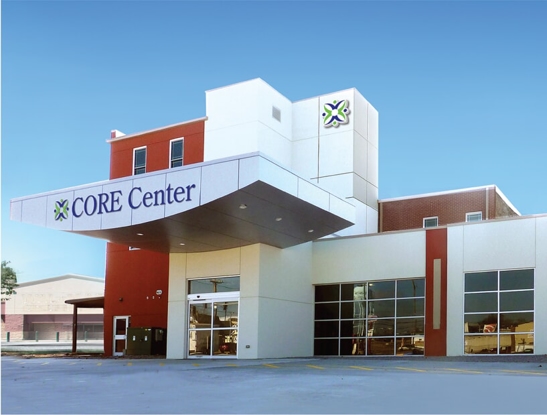
Traumatic Brain Injury (TBI) Rehabilitation
Practical therapy for movement, thinking, and daily life
Recovering after a traumatic brain injury (TBI) takes time, teamwork, and a plan that adapts to you. At Daviess Community Hospital’s CORE Center, our outpatient neurological rehabilitation team helps people rebuild mobility, balance, communication, and independence—one meaningful step at a time. We provide coordinated physical therapy (PT), occupational therapy (OT), speech-language pathology (SLP), and vestibular rehabilitation so care fits your goals, energy, and home routine. Services are available in Washington and Odon, Indiana, and we welcome patients from Daviess County and across Southern Indiana.
Why rehabilitation matters after TBI
A TBI can affect movement, balance, vision, speech, swallowing, memory, attention, and mood. Symptoms vary widely and may change over time. Evidence shows that structured, task-specific rehabilitation helps the brain and body relearn skills, improves safety, and supports a return to meaningful activities at home, work, school, and in the community.
How CORE helps
Your plan is individualized and may include the services below, scaled to “good days” and “low-energy days,” and updated as you progress.
Physical Therapy (PT)
- Mobility & balance: gait training, turns, curbs/uneven surfaces, fall prevention
- Strength & flexibility: progressive programs for hips, core, posture, and endurance
- Motor control & coordination: task practice (sit-to-stand, stairs, transfers, community mobility)
- Vestibular rehab: treatment for dizziness/vertigo, visual motion sensitivity, and balance issues
- Assistive devices & bracing: assessment and training with canes, walkers, or orthoses when appropriate
Occupational Therapy (OT)
- Daily living skills (ADLs/IADLs): dressing, bathing, meal prep, home organization
- Arm/hand function: reach, grasp, release, bilateral task practice, fine motor coordination
- Cognitive supports in daily life: memory/attention strategies, routines, visual schedules
- Home safety & equipment: recommendations to improve safety and independence
Speech-Language Pathology (SLP)
- Communication: speech clarity, word-finding, language, social/pragmatic communication
- Cognitive-communication: attention, memory, organization, problem-solving, and return-to-work/school supports
- Swallowing (dysphagia): assessment and treatment to improve safe eating and hydration
Family & caregiver education
- Coaching to support safe mobility, communication, pacing, and home practice
- Resources for school or employer collaboration, as needed
We coordinate with your primary care, neurology, and trauma teams and adjust your plan as your needs change.
Sample goals we work toward
- Walk more safely at home and in the community
- Reduce dizziness and improve balance to lower fall risk
- Use an arm/hand more effectively during daily tasks
- Communicate needs more clearly and remember important information
- Eat and drink more safely; reduce cough and aspiration risk
- Build endurance while managing fatigue and overstimulation
- Return to school, work, driving (when medically cleared), and meaningful roles
What to expect
Evaluation
We review your medical history, imaging and provider guidance (when available), medications, home supports, and priorities. Your team screens strength, range of motion, movement quality, balance, vestibular/vision function, arm/hand use, speech, cognition, and swallow.
Personalized plan
Together, we set clear goals and a visit schedule that fits your life. Your plan includes in-clinic therapy, a doable home program, and caregiver coaching—scaled to your current tolerance and adjusted as you improve.
Progress you can see
We track outcomes (walking speed/distance, balance measures, arm/hand function, cognitive-communication goals, swallow safety) and share updates with your medical team to keep your recovery on track.
Is outpatient TBI rehab right for me now?
Consider an evaluation if you or your loved one has any of the following after a TBI:
- New or persistent dizziness, imbalance, or falls
- Difficulty with walking, stairs, or getting up/down
- Reduced use of an arm/hand or one side of the body
- Changes in memory, attention, organization, or problem-solving
- Speech or language changes; slurred or unclear speech
- Swallowing difficulty, coughing with liquids/foods
- Fatigue, headaches, sensitivity to light/noise, or low confidence during activities
- You’re transitioning from hospital, inpatient rehab, or home health and want to continue progress
If you are experiencing new or worsening neurologic symptoms, call 911 or contact your physician immediately. Once medically cleared, therapy can help you continue recovery safely.
Locations and scheduling
CORE Center | 421 E. Van Trees Street, Washington, IN
CORE Center at North Daviess | 800 S. West Street, Odon, IN
Call (812) 254-8889 to schedule a TBI rehabilitation evaluation or ask about referral requirements. We serve patients from Washington, Odon, Jasper, Vincennes, Loogootee, Petersburg, Bloomfield, and neighboring communities across Southern Indiana.
FAQs
How long does TBI recovery take?
Recovery timelines vary widely. Many people make meaningful gains in the
first weeks to months and continue improving with targeted therapy, home
practice, and family support.
Can therapy help months or years after injury?
Yes. Neuroplasticity continues beyond the early phase. Therapy can still
help with function, safety, and participation—especially with task-specific practice.
Will therapy make my symptoms worse?
No. We scale intensity to your energy and sensitivity (light/noise), take
rest breaks, and progress thoughtfully. Your safety is our priority.
Do I need a referral?
Many insurers require a physician referral. Call
(812) 254-8889 and we’ll help you determine next steps.


